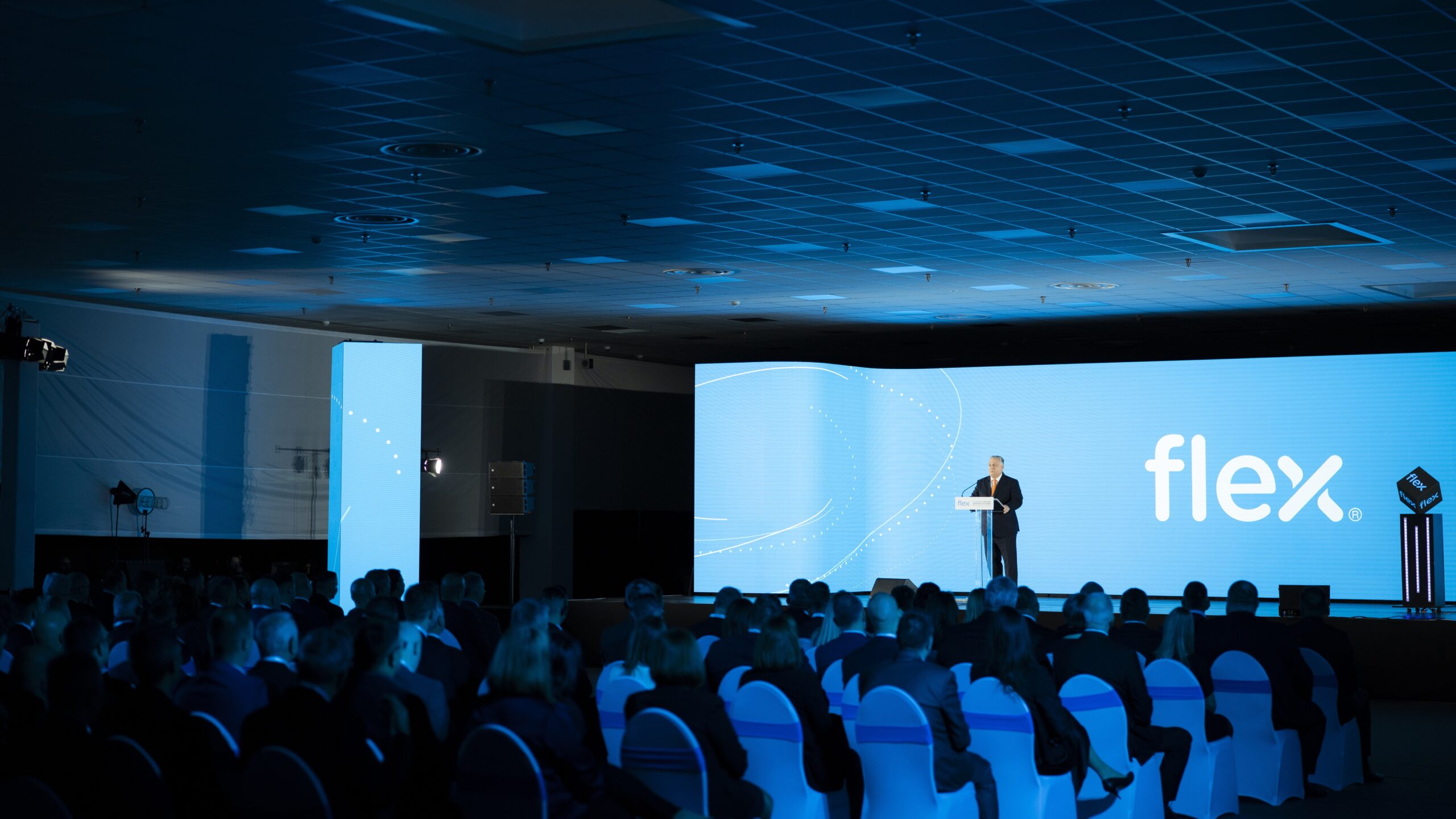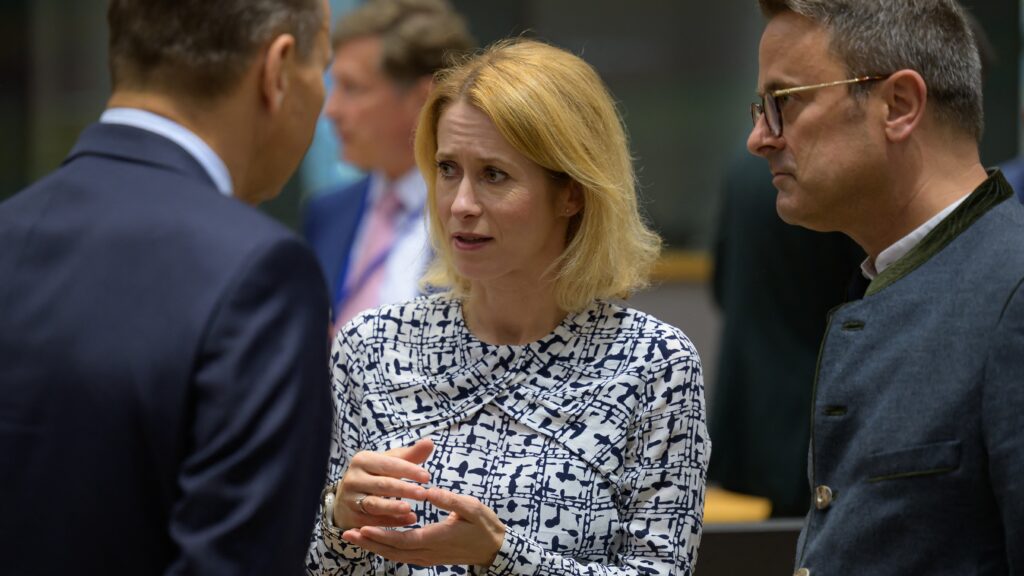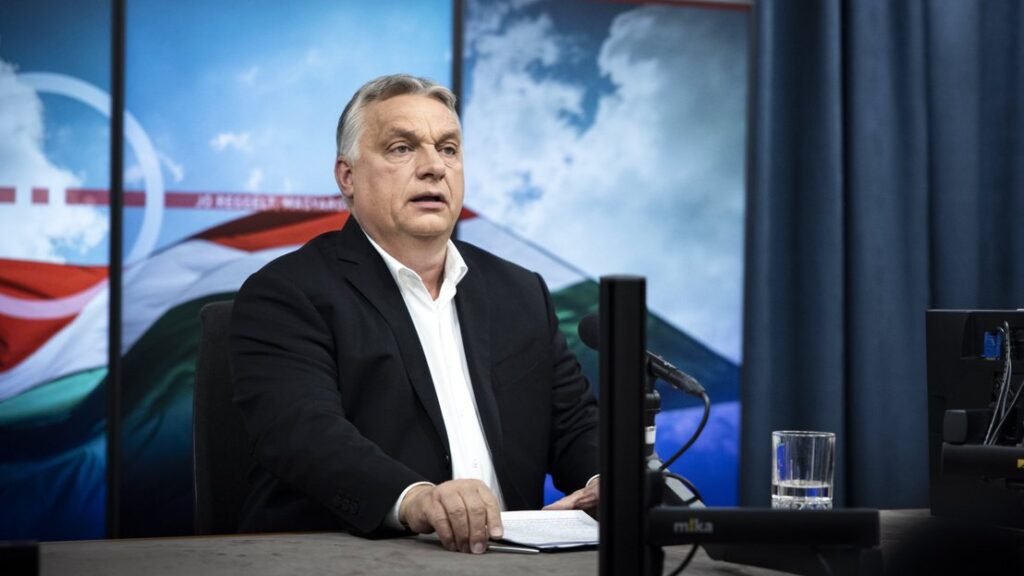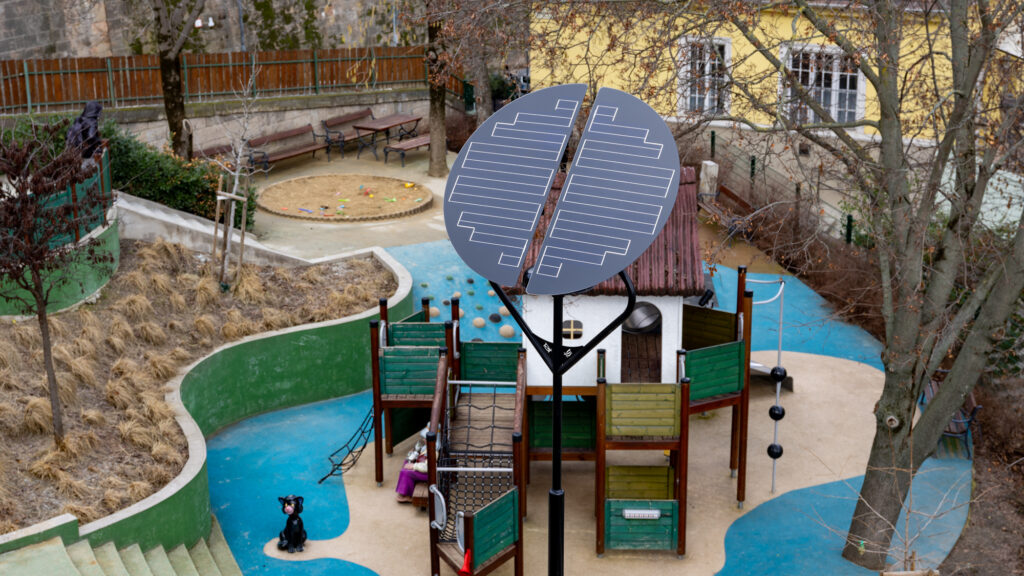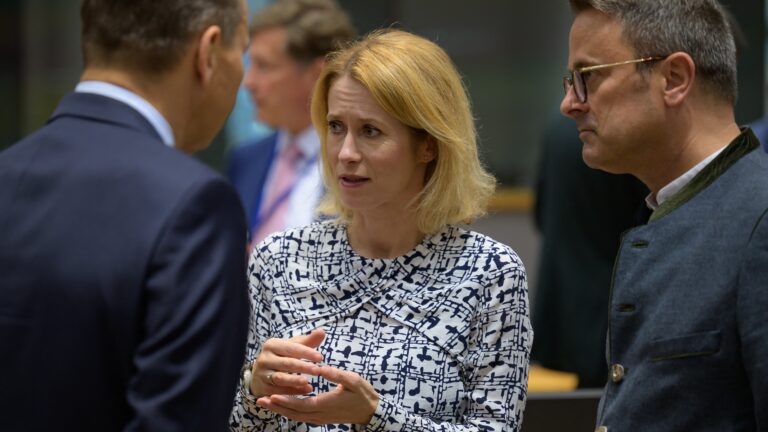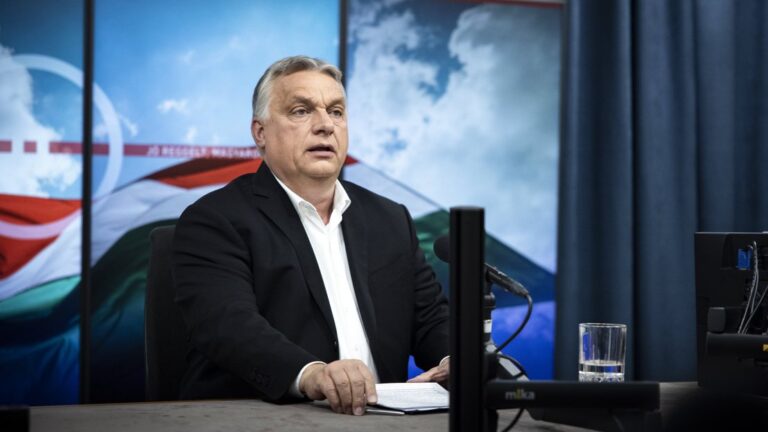A new high-tech Flex manufacturing facility was opened in Zalaegerszeg on Tuesday with the participation of Prime Minister Viktor Orbán. The 10,000-square-metre plant, built through an investment of roughly 35 billion forints, marks a major expansion of Flex’s operations in Hungary.
At the inauguration of the Flex Zala Automotive Next Gen plant, senior vice president Jean-Francois Zoeller, overseeing Flex’s European and global automotive operations, highlighted the company’s extensive presence: more than 35 factories and 30,000 employees across Europe. Hungary, he said, is a pillar of this network, with seven local sites employing 7,000 people in manufacturing, logistics and R&D.
Using advanced production technologies, Flex supplies components for over 600 platforms across more than 100 automotive brands, including electric and hybrid vehicles. A key feature of the newest systems, Zoeller noted, is the ability to update software remotely, now central to automotive performance. He stressed that the sector is undergoing rapid transformation, requiring investment, innovation and new ways of thinking. As new ecosystems emerge, neither manufacturers nor suppliers can succeed alone; cooperation is essential to deliver high-quality products.
Zoeller thanked the Hungarian government and HIPA for their support, noting that Flex recently earned a European innovation award thanks to its teams in Budapest and Zalaegerszeg. The Zalaegerszeg workforce, he added, is highly skilled and able to adapt quickly to technological change.
Prime Minister Viktor Orbán said the 35-billion-forint Flex investment will create 210 high-value-added, research-driven, future-proof jobs. He emphasized that the next-generation mobility unit in Zalaegerszeg will address key challenges facing the automotive industry, supplying Europe with advanced automotive, IT and battery platforms. The government supported the project with 7.8 billion forints.
‘As new ecosystems emerge, neither manufacturers nor suppliers can succeed alone; cooperation is essential to deliver high-quality products’
Orbán highlighted Flex’s major role in local employment growth and in reversing regional outmigration. He framed the investment as part of a broader economic policy debate, arguing that supporting high-tech projects ensures well-paid jobs, stability and long-term prosperity, in contrast to what he described as the left’s approach of higher taxes and debt. He warned that war, economic uncertainty and Europe’s technological lag require strategic industrial development, calling Flex a success story with long-term orders already secured. Orbán said Hungary’s stable, conservative government guarantees a predictable environment for such investments.
Zalaegerszeg🔸Flex🔸high-tech beruházás🔸210 új munkahely.
Zalaegerszeg🔸Flex🔸high-tech beruházás🔸210 új munkahely.
Vice President for European Business Development at Flex Andreas Heim said the Zalaegerszeg facility is now the company’s largest manufacturing site in Hungary. Although Hungary already plays a key role in Flex’s European automotive strategy, the competition is intense, and customer expectations increasingly focus on experience, he said. The Covid-19 shock also demonstrated the need for new operating models, prompting the construction of a fully automated production line at the site.
Heim emphasized strong partnerships not only with the government and local actors but also with universities and technology institutes, enabling Hungarian engineers to work with cutting-edge technologies and reinforcing the country’s growing influence in the automotive sector.
Vice President responsible for European automotive operations Ágota Péter recalled that Flex has been present in Hungary for more than 30 years and is now the country’s second-largest industrial employer. The company initially engaged in contract manufacturing in Zalaegerszeg, but later shifted toward mastering complex engineering tasks, expanding its technological capabilities and R&D centre.
Production in Zalaegerszeg has evolved from simple lamp panels to brake systems, steering electronics, complex battery-control units, and computer systems for autonomous vehicles—many designed in-house by local engineers. The new unit, built next to the automotive test track, manufactures high-voltage converters for electric vehicles using unique technology. The production lines already have enough orders for the next five to seven years, which is expected to add 220 million dollars annually to the company’s revenue.
‘Flex has been present in Hungary for more than 30 years and is now the country’s second-largest industrial employer’
Péter noted that Flex’s largest Hungarian investment to date cost 100 million dollars, including 30 million dollars in purchases from Hungarian suppliers. The factory employs 210 people, including 20 in R&D, raising local research-related staffing to 90.
Zoltán Balaicz, mayor of Zalaegerszeg, recalled that Flex arrived in the city in 1994. Continuous development has made it the city’s largest employer and taxpayer, while the company also contributes significantly to local education, culture and healthcare.
Related articles:

